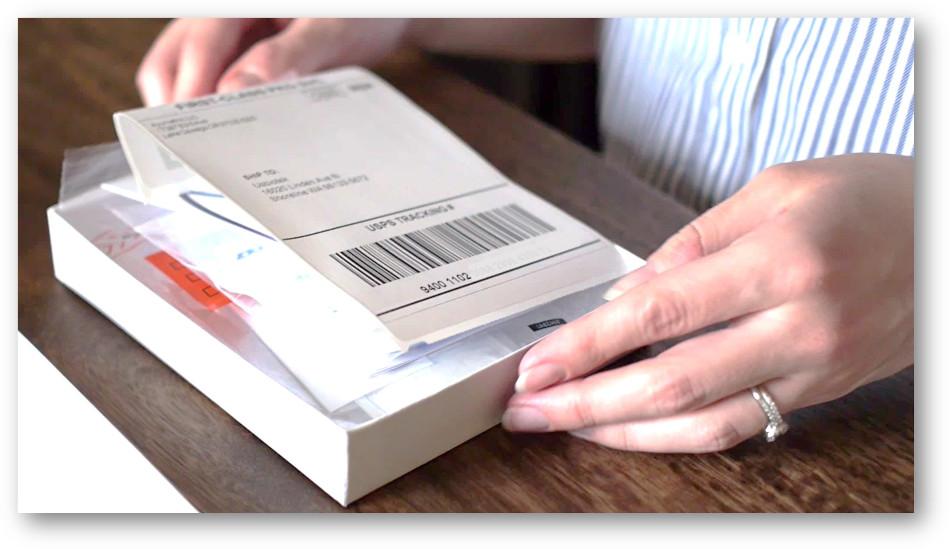Notifications

5 minutes, 14 seconds
-238 Views 0 Comments 0 Likes 0 Reviews

Helicobacter pylori, commonly referred to as H. pylori, is a type of bacteria that can infect the stomach lining and cause a range of gastrointestinal disorders. This bacterium is known to be one of the most common causes of stomach ulcers, gastritis, and even stomach cancer. Despite its prevalence, H. pylori often goes undetected, and many individuals are unaware that they are infected. To address this issue, H. pylori home tests have been developed to provide a convenient and accurate way to detect the presence of the bacteria in the body.
An H. pylori home test is a non-invasive diagnostic tool that involves collecting a stool sample or a blood sample, which is then analyzed for the presence of H. pylori antigens. The test is designed to detect the presence of the bacteria in the gut, allowing healthcare professionals to diagnose H. pylori infection and initiate treatment. The home test is usually available at pharmacies or online and can be used at home, making it a convenient option for individuals who are concerned about their digestive health.
Using an h pylori home test offers several benefits, making it an ideal option for individuals who are concerned about their digestive health. Firstly, the test is non-invasive, eliminating the need for endoscopy or biopsy. This makes it an ideal option for individuals who are hesitant to undergo invasive procedures or have concerns about complications. Secondly, the test is convenient, allowing individuals to collect a stool sample or blood sample at home and send it to a laboratory for analysis.

Using an H. pylori home test is simple and straightforward. The test usually includes a collection device, a sample vial, and a set of instructions. Individuals are required to collect a stool sample or blood sample, depending on the type of test, and send it to a laboratory for analysis. The laboratory will then analyze the sample for the presence of H. pylori antigens and send the results back to the individual. If the results are positive, it indicates that the individual has an H. pylori infection, and treatment should be initiated.
An H. pylori home test is recommended for individuals who are experiencing symptoms of H. pylori infection, such as abdominal pain, bloating, or diarrhea. Additionally, individuals with a family history of stomach ulcers or stomach cancer should also consider using an H. pylori home test. Those who have taken or are currently taking non-steroidal anti-inflammatory drugs (NSAIDs) or proton pump inhibitors (PPIs) for prolonged periods may also benefit from using an H. pylori home test.
If the test results are positive, it indicates that the individual has an H. pylori infection. In this case, treatment should be initiated to eradicate the bacteria. Treatment typically involves a combination of antibiotics and acid-suppressing medications, such as PPIs or histamine-2 (H2) blockers. If the test results are negative, it suggests that H. pylori is not present in the gut, and other causes of symptoms should be explored.
In conclusion, an H. pylori home test is a valuable tool for detecting the presence of H. pylori infection in the body. The test offers several benefits, including convenience, cost-effectiveness, and non-invasiveness. By using an H. pylori home test, individuals can take control of their digestive health and initiate treatment to eradicate the bacteria. Don't hesitate to use an H. pylori home test if you are experiencing symptoms of H. pylori infection or have concerns about your digestive health. Take the first step towards digestive wellness and enjoy a healthier, happier life.

